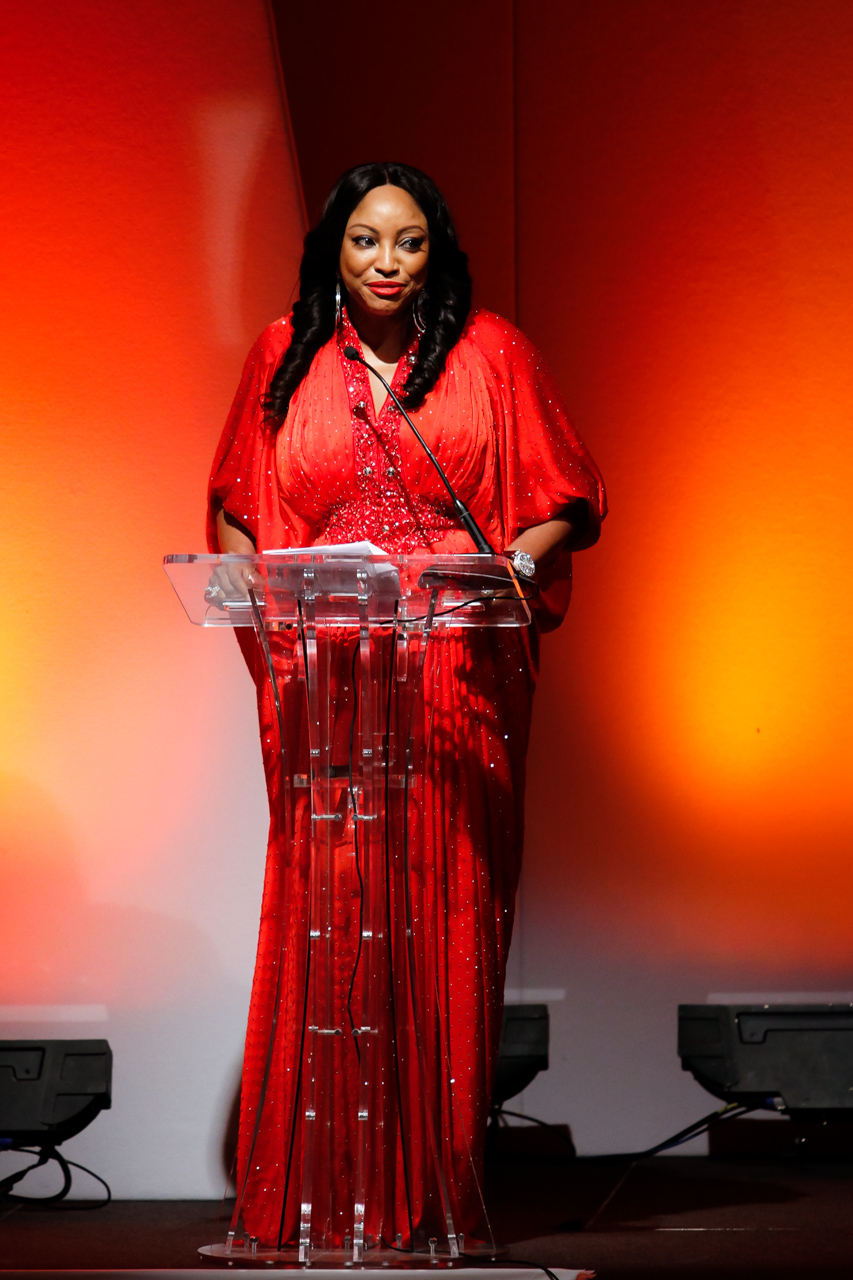 G. Kofi Annan, an occassional contributor to Ladybrillemag.com writes on his blog Annansi Chronicles his experience at Columbia University’s African Econmic Forum 2010. The forum covered many interesting topics but one we really had our eye on was the panel “African Fashion Going Global.”
G. Kofi Annan, an occassional contributor to Ladybrillemag.com writes on his blog Annansi Chronicles his experience at Columbia University’s African Econmic Forum 2010. The forum covered many interesting topics but one we really had our eye on was the panel “African Fashion Going Global.”
The Panel Synopsis- With the FIFA World Cup being hosted in South Africa this year, it seems like all eyes are on the continent, but they are not all looking at football. Fashion designers and others in the world of style are mesmerized by the trend of Afro-centricity, but as an African in the industry, do I have to stick to my roots to be successful? Given the current global recession, what opportunities do African countries have to capitalize on, as companies seek emerging markets with untapped potential? From business plan to clothing line, if you want to be in the fashion business, what do you need to know about entrepreneurship in this highly competitive industry?
PARTICIPANTS:
Oluchi, Supermodel and the original Face of Africa
Busie Matsiko, Co-Founder, Fashion Indie Media
Aisha Obuobi, Designer and Founder, Christie Brown
Mimi Plange, Designer and Founder, Boudoir D’huîtres
Panel Moderator: Zandile Blay, Fashion Market Editor, Paper Magazine
Panel organized by Madonna Kendona and Osahon Akpata
Key Points from Kofi’s Notes
Should Africans sell primarily to Africans?
- African designers are more torn about designing Africa-inspired clothes vs. other western designers designing Africa-inspired clothes.
- Western designers are not limited or stigmatized when using African influences in designs
Should there be an African fashion capital? Some panelists say no
Is there a viable African consumer enough to support African fashion industry?
- Designers don’t want to get pigeonholed as an ethnic designer; need room for growth
- There is very limited support (i.e. factories, retail outlets) for African designers on the continent
- Some panelists say African designers should focus on African consumers rather than targeting global consumers first
- There is lack of business expertise among designers on the continent
- Designers need to partner up with business professionals on the continent
- Pricing African designs is tricky
- Not too many Africans will pay high prices to support African designers
- There are two types of African consumers: 1) those that travel and buy high-end western clothes 2) the locals who can’t afford couture and buy mass
- It’s hard to produce on the continent particularly if you’re not doing mass production
- Many African designers aspire to go to South Africa fashion week because it’s the top African continent fashion industry
- Just like you don’t only have New Yorkers in New York Fashion week, South Africa’s Fashion Week has Africans from all over continent
- African designers get inspiration from everywhere just like other designers
- Some African designers are more drawn to cultural design than others
Visit Kofi’s blog for even more notes on other panel topics.
Founded in 2007, Ladybrille® Magazine is a California based pioneer digital publication demystifying the image of Africans in the west through contemporary African fashion and celebrating the brilliant woman in business and leadership, with an emphasis on the African woman in the diaspora. Our coverage includes stories on capital, access to markets, expertise, hiring and retention, sales, marketing, and promotions.



Thank you Esther!
Wow! I love your mag guys. i have a great passion for fashion and you feed my hunger for all the info i need. i plan to study fashion design someday too.Keep it up please1
I agree to most of the above but i think, as an african designer who studied in the west and working in africa,we African fashion designers don't specialise. We tend to do it all which, is wrong for us as individuals, and for the industry. I would like to see more of specialised designers. For example, swim wear, couture, kids, street wear, bridal the list is endless. If you market yourself in any of this categories and the work you do mirror's this, my dear's we will be laughing to the banks and also be able to compete on an international level. Yes we do not have alot of the resources needed but neither do the west. We should copy the West by out sourcing.